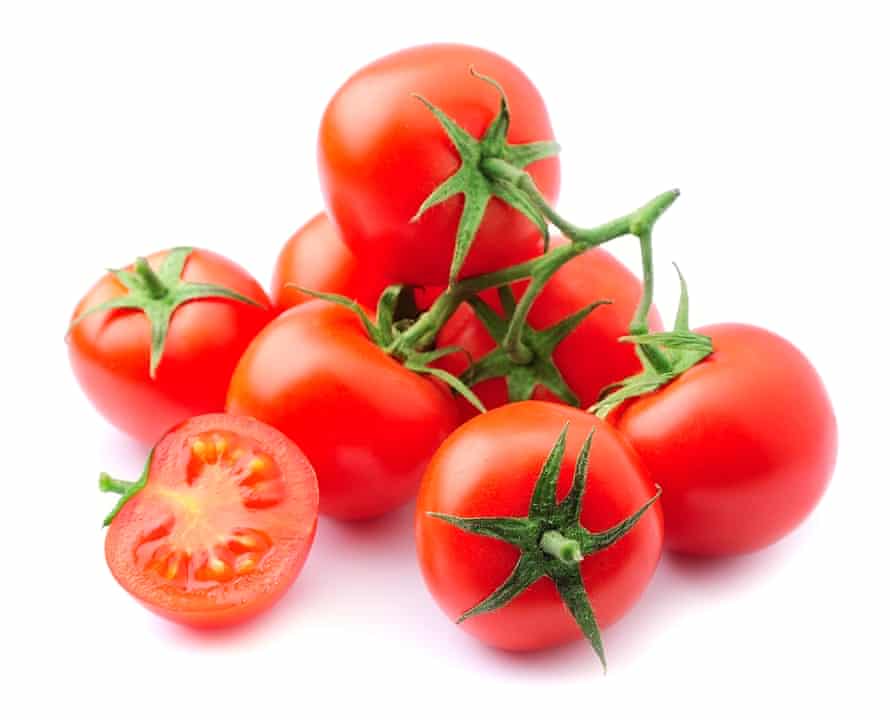Dr Axe Raw Food Diet
I enjoy a carrot baton as much as the next hummus-loving Guardianista, but the idea of going "fully raw" leaves me as cold as a dehydrated flax-crust pizza with extra cashew cheese. While salads are indisputably delicious and there's much to be said in favour of steak tartare, sashimi and gazpacho, in general I'm with Charles Darwin: mastering fire is one of the greatest achievements in the history of man.
For raw foodists, however, this momentous event, hundreds of thousands or perhaps even millions of years ago (it's a subject of appropriately hot dispute), was a dark day for humanity – because as David "Avocado" Wolfe, the self-proclaimed "rock star and Indiana Jones of the superfoods and longevity universe" puts it: "Cooked food is poison!".
The sell
The only slightly less hyperbolic Robert Ross, owner of RawFoodLife.com, is convinced that heat not only destroys the natural enzymes in fresh fruit and veg, but actively produces toxins, too. In an interview hosted on his website, Ross says that "Unnatural chemical by-products … with long chemical names … the things that cause, or at least are scientifically known to be associated with, most of the diseases that can't seem to be cured today."
Elsewhere on the site, he writes: "Before discovering fire, 10,000 to 20,000 years ago, we thrived for millions of years [sic] on fresh, raw, live foods furnished by nature in their whole unadulterated state. In some ways, cooking allowed humans to expand all over the world, from Africa to Antarctica. However, we paid dearly for that with shorter lifespans and many diseases."
As if living to 140 wasn't incentive enough, throwing away the frying pan may also help "open the passage" for your "intuition to soar", as "passionate raw foodie" and "uncooking" expert Simone Samuels discovered. "I started to eat such a clean diet of fresh fruits and vegetables, cutting out all the processed crap and the above-mentioned allergens, that something changed inside me spiritually," she enthuses in an article on "lifestyle media brand" site MindBodyGreen. "I could tap into my intuitive side, and I started to notice the beauty in the world around me."
Intuition and freakish longevity aside, most raw foodists tend to agree that the "goal of eating more raw foods is to obtain plenty of nutrients in an easy-to-digest manner, one that our bodies are naturally suited for". That's according to the website of Dr Axe, a "wellness physician, popular radio show host and sought-after national speaker committed to setting people free from their health problems so they can live their life to their fullest potential".
All benefits that it would be difficult to argue with, if only they didn't involve a diet so extreme that even the gluten-free vegan Ella Woodward hated it – "so restrictive!" – while the Hemsley sisters admit that, although it can be "fantastic … raw food is not great for everyone. It is best eaten on warmer days as it can be taxing on the spleen."
Celebrities such as Demi Moore, Sting, Venus Williams and Woody Harrelson have all been claimed by the raw movement at some point, although the paucity of evidence to prove this suggests that this is a lifestyle choice that's near impossible to stick to, even for celebrities with personal chefs and not much else to do but chew.

The facts
It seems fairly obvious that food would retain more nutrients in its raw state than when cooked, and this is indeed true – but only to a certain extent. Heat does reduce levels of vitamin C: studies by Rui Hai Liu, an associate professor of food science at Cornell University, showed a decline of 10% in tomatoes cooked for two minutes at 88C, and 29% in tomatoes that were cooked for half an hour at the same temperature. However, Liu told Scientific American, this is a trade-off that may well be worth our while, because vitamin C is relatively common in the modern diet, while takeup of the less readily available lycopene, thought to be an even more powerful antioxidant, is actually improved by cooking. According to a 2002 trial published in the Journal of Agriculture and Food Chemistry, the level of cis-lycopene in tomatoes rose by 35% after 30 minutes at 88C, because heat helps to break down the plant's cell walls, facilitating the uptake of some of the nutrients attached to them.
Liu also notes that other vegetables, including spinach, mushrooms, peppers and cabbage provide more antioxidants such as carotenoids and ferulic acid to the body when boiled or steamed, and other trials have shown that cooking carrots increases their level of beta-carotene, which the body uses to produce vitamin A.
It's not just fruit and vegetables: cooking has been shown to improve the protein availability of eggs by as much as 40%. And for all the talk of this being the natural way for us to eat, according to Prof Steven Jones, "we are the only animal who has ever lived that would starve to death if we ate raw food alone" – the human digestive system is only two-thirds the size of a gorilla or chimpanzee's, and our teeth and mouths correspondingly small. All of this indicates – according to Prof Richard Wrangham, author of Catching Fire: How Cooking Made Us Human, "that we, as a species, have adapted to a diet which is very high quality".
The modern raw diet is often anything but "natural" in any case: as Hattie Ellis, author of the award-winning What to Eat, found when she pulled up a "weedy, acrid" wild carrot on the South Downs, most cultivated varieties of fruit and vegetables have been bred to be palatable, digestible and particularly nutrient-dense. Without modern agronomy, to say nothing of dehydrators and expensive blenders, it would be hard to survive on a raw diet for very long.

The other point many raw foodists tend to gloss over is that our stomach acid destroys enzymes, too – "Cooking is, in effect, a form of pre-digestion," as Ellis puts it – allowing us to expend less energy on the chewing and digestion process, which means we end up with more calories to show for each mouthful. This may help to explain why new adherents to the raw-food diet are so evangelical about its benefits. Wrangham calls it "a great way to lose weight" (if you don't mind the sometimes alarming side-effects of ingesting large quantities of raw vegetable matter). A German study found that 30% of female subjects following an entirely raw diet had infrequent menstrual cycles, or none at all – a clear sign, according to researchers, of "chronic energy shortage". At the risk of stating the obvious, cooking also provides useful protection against pathogenic bacteria such as salmonella and E coli, and allows us to consume otherwise indigestible ingredients such as tubers – a small but important point for those of us fond of a nice pile of mashed potato.
On the plus side, there is some evidence from several small studies in Finland that a raw diet may help alleviate symptoms of rheumatoid arthritis, although, despite the claims made by some raw foodists, a 2014 literature review published in the International Journal of Cancer Research and Treatment found no evidence that it was of any benefit to cancer patients.
The take away
Cutting down on processed foods in favour of fresh fruit and vegetables, whether steamed, baked or fresh from the tree is a good thing – but the benefits of a fully raw diet have been somewhat overcooked.
Source: https://www.theguardian.com/lifeandstyle/2017/sep/28/raw-deal-is-there-really-any-benefit-to-an-uncooked-diet
0 Response to "Dr Axe Raw Food Diet"
Post a Comment